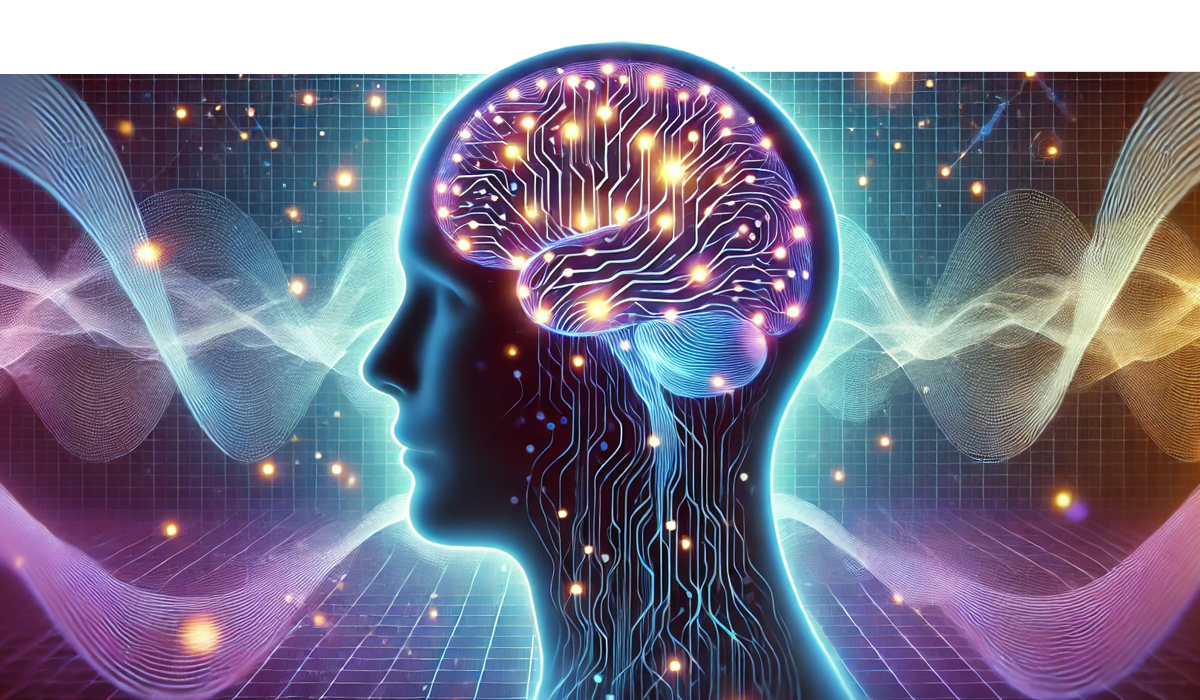ARTICLE SUMMARY:
As the field of brain health embraces AI and improved usability of EEG hardware, Epitel, Ceribell, Cogitat, and Zeto are pushing the neurological metric into new healthcare settings and use cases.
With AI solutions across the gamut of healthcare yielding new insights from familiar biosignals, neurology is no exception, and electroencephalography (EEG) has attracted several more recently formed companies to utilize AI for extracting critical information on brain activity when a neurologist is not available in person. At the same time, strides in hardware efficiency such as reduced electrode montages and alternatives to conductivity gel make obtaining EEG data faster, more accessible, and more patient-friendly. By enabling automated monitoring, diagnostics, annotation, and alerts, AI makes longer-term monitoring possible, particularly when paired with lighter, less cumbersome headsets.
Aswin Gunasekar, founder and CEO of Zeto, which received 510(k) clearance for its second EEG device ONE last June, has observed three trends driving progress in this industry. “EEG has been embraced as a diagnostic, and there is more and more need for automated reporting and AI powered features, which naturally dictates that these solutions be on the cloud and centrally processed. Most importantly, the primary demand that's driving all this is the need for EEG to be more accessible, by which I mean that a trained operator isn’t always needed to administer EEG.”
We present the following start-ups, Epitel, Ceribell, and Cogitat, which are evolving EEG to make it more accessible, powerful, and in some cases, longitudinal. We also catch up with Zeto, whom MedTech Strategist first spoke with in 2019 (see sidebar, “Zeto Sets the Pace for New EEG Offerings”).

